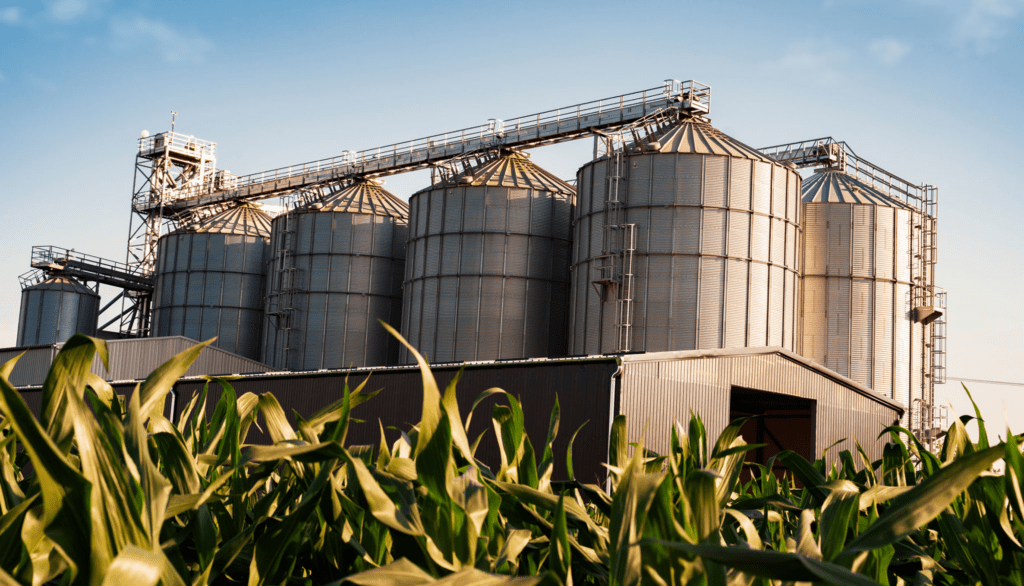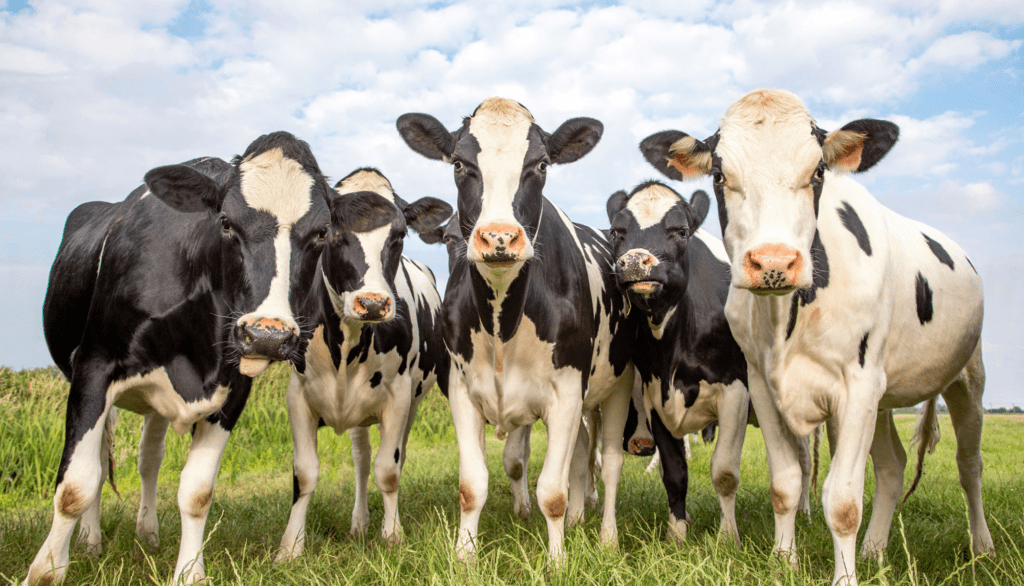“Climate Smart” Agriculture Requires Better Environmental Assessments
The USDA is tripling the amount of funding for “climate smart” agriculture without doing proper environmental reviews, according to PEER and twelve other advocacy groups. The groups have asked the USDA to reopen a comment period on the agency’s environmental review of the grant program, allowing the public to weigh in on the environmental impacts that come from subsidizing new technologies and markets.
 Under the “Partnerships for Climate-Smart Commodities” program, the Biden administration plans to distribute approximately $3 billion to fund farming, ranching, and forestry projects with the goal of supporting research and development on reducing greenhouse gas emissions and sequestering carbon. For example, up to $70 million will go to “The Climate-Smart Agriculture Innovative Finance Initiative”, that will “provide technical assistance and additional financial incentives” to industrial farmers with a goal of “tying climate-smart practices to commodity purchases and creating a scalable model for private sector investment,” and as much as $85 million has been given to the California dairy industry to adopt manure management practices that reduce methane emissions from cow manure lagoons.
Under the “Partnerships for Climate-Smart Commodities” program, the Biden administration plans to distribute approximately $3 billion to fund farming, ranching, and forestry projects with the goal of supporting research and development on reducing greenhouse gas emissions and sequestering carbon. For example, up to $70 million will go to “The Climate-Smart Agriculture Innovative Finance Initiative”, that will “provide technical assistance and additional financial incentives” to industrial farmers with a goal of “tying climate-smart practices to commodity purchases and creating a scalable model for private sector investment,” and as much as $85 million has been given to the California dairy industry to adopt manure management practices that reduce methane emissions from cow manure lagoons.
All of this sounds good, so why would PEER and other groups be pushing for more public input on the environmental impacts of these grants?
Because the ultimate goal of many of these grants is the creation of private agricultural carbon markets. These markets are designed to link buyers and sellers of carbon credits, tradable certificates that give the holder of a certificate the right to emit a certain amount of greenhouse gas emissions or make “green” claims about their operations. In agricultural carbon markets, the sellers, typically farmers, are paid for generating carbon credits by adopting management practices that meet specific beneficial ecosystem criteria. Once the carbon credit is generated, it enters the market where buyers can purchase those credits to offset their own climate pollution and meet their sustainability goals.
 The problem is that carbon markets run the risk of being ineffective, inequitable, volatile, and dangerous. They will allow some people to get rich, allow polluters to continue polluting, and produce questionable climate benefits. For example, timber carbon offsets can be overstated and go up in smoke when a forest burns down. Credits generated by managing cow manure can incentivize expanded dairy facilities and increased manure production (producing more pollution than would have existed with no subsidy) to get additional income. Also, USDA grants subsidizing industrial agricultural practices (like corn production that results in an obesity crisis when sold as a cheap commodity to soda and junk food companies) can still harm the environment and rural communities even if it does capture some amount of greenhouse gases.
The problem is that carbon markets run the risk of being ineffective, inequitable, volatile, and dangerous. They will allow some people to get rich, allow polluters to continue polluting, and produce questionable climate benefits. For example, timber carbon offsets can be overstated and go up in smoke when a forest burns down. Credits generated by managing cow manure can incentivize expanded dairy facilities and increased manure production (producing more pollution than would have existed with no subsidy) to get additional income. Also, USDA grants subsidizing industrial agricultural practices (like corn production that results in an obesity crisis when sold as a cheap commodity to soda and junk food companies) can still harm the environment and rural communities even if it does capture some amount of greenhouse gases.
The Biden administration has made the creation of agricultural carbon markets a priority, calling for a significant increase in federal funding and programs to help develop these markets and assist market participants. These grants are part of that effort. However, in an effort to rush the first 70 of its approved projects forward, the USDA pushed out its environmental review (a Programmatic Environmental Assessment or “PEA”) of the program after giving the public only 14 days to comment on the PEA.
Limiting public input is a bad idea. USDA should not establish a program that will dole out billions of dollars without properly considering how the types of grants it approves might have significant impacts on the environment. USDA doesn’t yet have institutional knowledge on carbon markets and does not understand what environmental impacts all these new types of grants may have. In addition, USDA is attempting to skirt the requirements of the National Environmental Policy Act , which requires the USDA to give at least thirty days for public comment when “The nature of the proposed action is one without precedent.” According to USDA, this is a historic new program that will create and expand many new global markets for U.S. produced goods. By cutting the time period short the agency not only kept itself in the dark about information about this precedent-setting program, it also failed to meet a basic requirement of NEPA to give folks a little time to prepare substantive comments when it was proposing something new under the sun.
PEER supports initiatives to promote increased soil-carbon sequestration in agricultural soils as part of an overall climate change mitigation and efforts. However, we oppose the use of market-based approaches that rely on agricultural programs to offset emissions produced by other industries to meet mandatory obligations to reduce emissions. Climate smart agriculture requires better land management going forward, but rather than throwing billions of good dollars into creating complex and unenforceable climate markets overseen by private industry, USDA should establish programs, with rigorous safeguards, that incentivize proven best conservation practices that actually reduce greenhouse gas emissions, and work to ensure it distributes it resources equitably.
Moving forward, USDA should skip playing the markets and allow for greater public input as it develops its climate programs.
 Hudson Kingston is a Litigation and Policy Attorney at PEER, a Minnesota enthusiast and one-time professional baker.
Hudson Kingston is a Litigation and Policy Attorney at PEER, a Minnesota enthusiast and one-time professional baker.